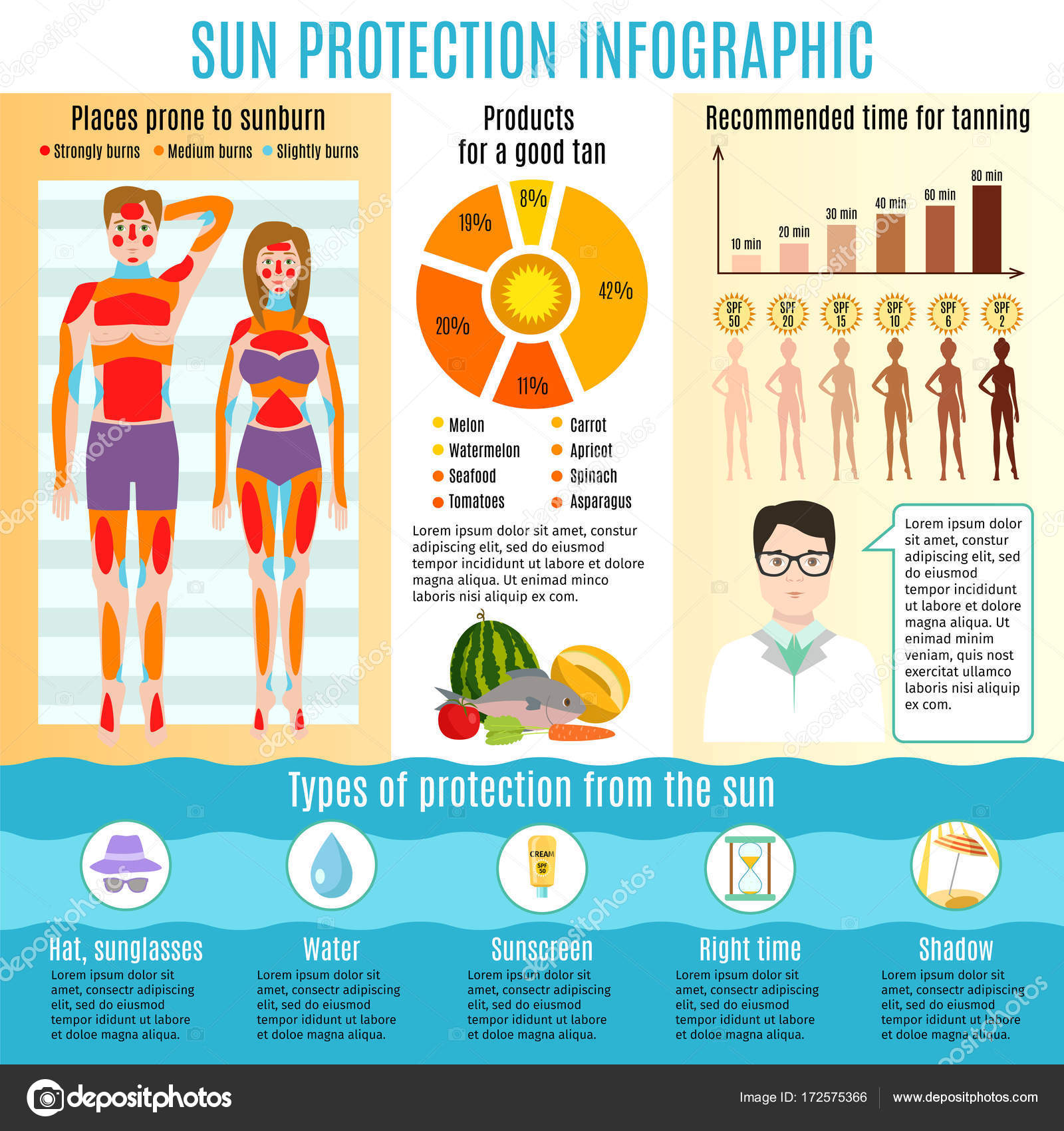Myths And Facts Concerning Acne: Debunking Common Misconceptions
Myths And Facts Concerning Acne: Debunking Common Misconceptions
Blog Article
Web Content By-McConnell Kjeldsen
You could think that enjoying delicious chocolate or greasy foods is the source of your acne, but that's simply one of many misconceptions swirling around this common skin condition. Actually, acne primarily stems from stopped up hair follicles, not your last treat. Misunderstandings like these can lead you to adopt inefficient skin care techniques that may even aggravate your scenario. As you browse the realities behind acne, you'll find understandings that could transform your strategy to skincare and assist you accomplish clearer skin. So, what really lies under the surface?
Common Myths Concerning Acne
When it comes to acne, many people rely on usual myths that can bring about confusion and frustration. One common myth is that eating chocolate or greasy foods triggers acne. While diet regimen can influence skin wellness, the straight web link between specific foods and acne isn't as specific as lots of assume.
One more usual false impression is that you ought to scrub your face strongly to clear up breakouts. In truth, aggressive scrubbing can irritate your skin and get worse acne.
You could additionally believe that acne only affects teens, but adults can experience it also, typically as a result of hormone changes or stress. Some people think that sun tanning can clear acne, but sun exposure can actually cause skin damage and intensify outbreaks over time.
Finally, numerous believe that making use of severe products will certainly remove acne rapidly. Nonetheless, https://www.express.co.uk/life-style/life/1368097/dolly-parton-plastic-surgery-2020 can strip your skin of its natural oils, bring about increased irritation and more breakouts.
Scientific Details Behind Acne
Understanding the clinical realities behind acne can equip you to tackle this common skin problem more effectively.
Acne takes place when hair follicles come to be blocked with oil, dead skin cells, and germs. This procedure typically starts with an overproduction of sebum, the oil your skin normally produces. Hormonal adjustments, especially during puberty or menstruation, can activate this excess oil.
Microorganisms referred to as Propionibacterium acnes flourish in these clogged up pores, bring about inflammation. When your body immune system responds, it can cause soreness and swelling, leading to those pesky acnes or cysts.
Genes additionally contribute; if your parents had acne, you might be a lot more vulnerable to it.
Diet regimen and tension levels can influence acne also, however study is still progressing in these locations. While enjoying greasy foods won't directly create breakouts, a well balanced diet regimen can support your skin health.
Furthermore, managing tension can reduce hormone changes that may aggravate acne.
Tips for Handling Acne
Taking care of acne properly needs a mix of everyday skincare routines and way of living changes. Beginning by developing a consistent skincare regimen. Cleanse your face twice a day with a mild, non-comedogenic cleanser to eliminate dirt and excess oil. Avoid scrubbing as well hard, as this can aggravate your skin and worsen acne.
Next off, incorporate products consisting of salicylic acid or benzoyl peroxide to assist prevent breakouts. Constantly follow up with a light-weight, oil-free cream to maintain your skin hydrated. Don't neglect sunscreen; choose non-comedogenic options to shield your skin from UV damage without obstructing pores.
Past skincare, pay attention to your diet regimen. Limit sweet and greasy foods, and concentrate on fruits, veggies, and whole grains. Remaining hydrated is essential, so beverage a lot of water throughout the day.
In addition, take care of tension through activities like yoga exercise, reflection, or exercise, as anxiety can set off breakouts.
Finally, stay best hormonal acne treatment of selecting or popping pimples. This can bring about scarring and further swelling. If your acne persists, speak with a dermatologist for individualized therapy alternatives.
Conclusion
To conclude, it's necessary to separate truth from fiction when it involves acne. By disproving usual myths, you can much better understand your skin and make informed selections for your skin care regimen. So, why continue to rely on outdated concepts when the reality can encourage you? Welcome healthier habits, focus on mild cleansing, and bear in mind that taking care of acne is a journey. With the ideal knowledge, you're one action better to more clear, healthier skin.
